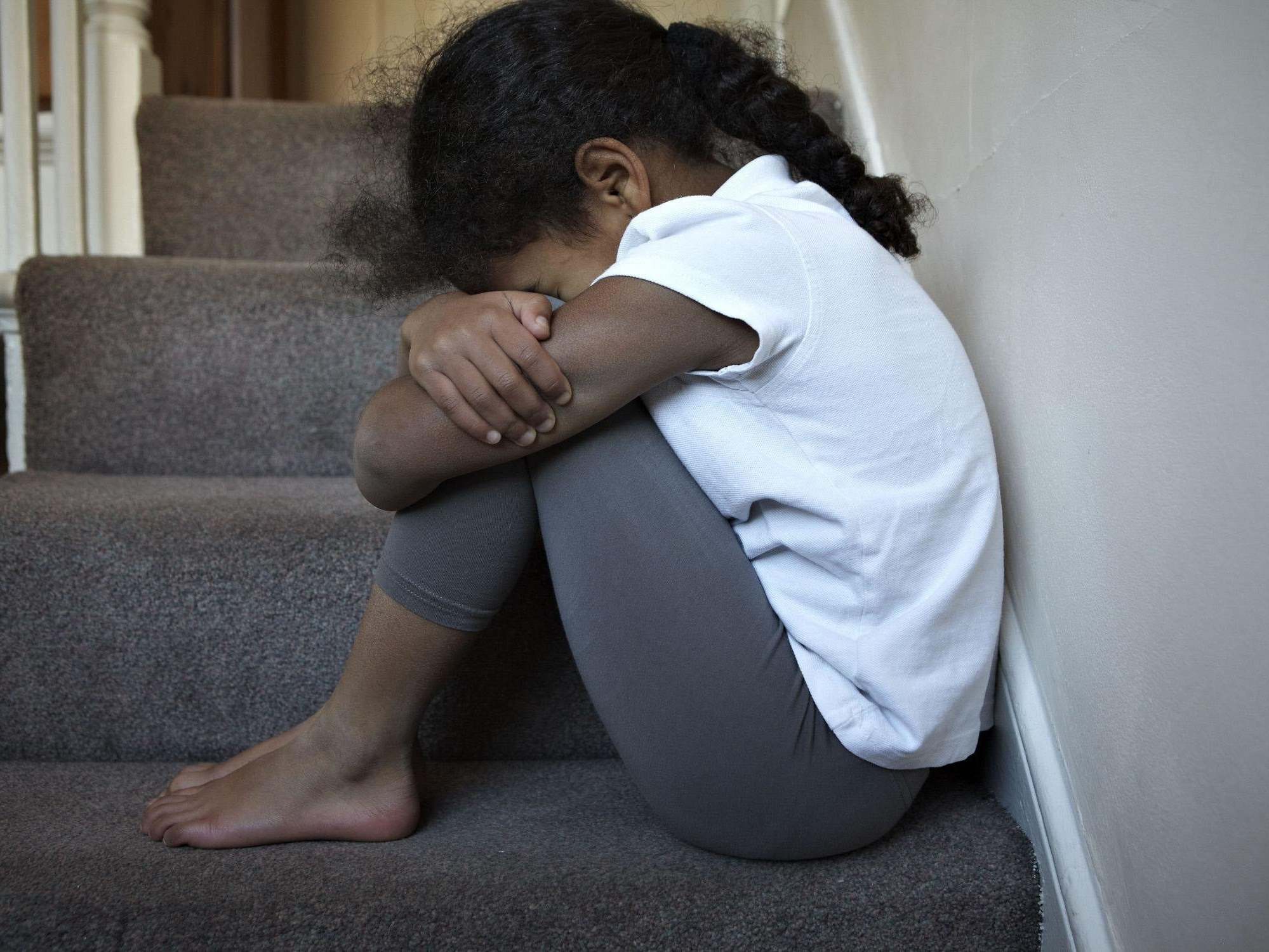Record numbers contact NSPCC during lockdown with child welfare concerns
Charity urges government to commit to recovery plan for children suffering abuse

Your support helps us to tell the story
From reproductive rights to climate change to Big Tech, The Independent is on the ground when the story is developing. Whether it's investigating the financials of Elon Musk's pro-Trump PAC or producing our latest documentary, 'The A Word', which shines a light on the American women fighting for reproductive rights, we know how important it is to parse out the facts from the messaging.
At such a critical moment in US history, we need reporters on the ground. Your donation allows us to keep sending journalists to speak to both sides of the story.
The Independent is trusted by Americans across the entire political spectrum. And unlike many other quality news outlets, we choose not to lock Americans out of our reporting and analysis with paywalls. We believe quality journalism should be available to everyone, paid for by those who can afford it.
Your support makes all the difference.A record number of people called the National Society for the Prevention of Cruelty to Children (NSPCC) helpline with concerns for a child during the coronavirus lockdown, the charity has revealed.
More than 22,000 adults contacted the children’s charity between April to June, with the biggest concerns pertaining to parental behaviour, neglect and physical and emotional abuse.
It represents an increase of almost one-third (32 per cent) on the monthly average for the three months prior to lockdown. In May alone, there were 8,287 calls to the helpline, the highest number ever made in a single month on record.
About 40 per cent of the calls received were referred on to local authorities or the police for further action, which the charity said is also a slight increase on pre-lockdown levels.
The figures come after research from University College London and Great Ormond Street Hospital for Children found an alarming increase in the incidence of abusive head trauma in children who were admitted to the hospital.
Between 23 March and 23 April this year, ten children were seen in the hospital with suspected abusive head trauma compared to a mean of 0.67 cases per month in the same period over the last three years.
The lockdown – imposed to reduce the transmission of Covid-19 – led to socioeconomic and psychosocial challenges that increased parental stress, said researchers. These became significant risk factors for abuse, coupled with the child’s increased exposure to their parents and decreased interaction with reporting bodies.
“The complex links between abuse, mental health, substance misuse, and socioeconomic circumstances are often interdependent and cannot be effectively addressed in isolation,” added the study, which was published in the journal Archives of Disease in Childhood earlier this month.
The worrying figures linked to child abuse led to joint letter signed by the NSPCC and nearly 150 other charities and organisations last week, urging the prime minister to prioritise children on the same level as health and the economy when it comes to recovery from the pandemic.
The NSPCC is also calling for the government to urgently commit to a children’s recovery plan and set out how they will deliver long-term investment in children’s social care and rebuilding of support for families, as well as ensure local authorities, schools and the NHS have the tools needed to support children who have been traumatised during the lockdown period.
Peter Wanless, its chief executive, said: “The home has become and increasingly unhealthy and even dangerous place for some children.
“We must all play our part in supporting children to recover from the mental and physical harm many will have suffered these past few months.
“Government’s role is crucial, and it must put in place a detailed recovery plan which will support children and young people, and make sure they can receive the expert help they need if they have had difficult or damaging experiences.
“Putting children at the heart of recovery planning and taking this action quickly will mean the crisis of the last three months does not scar the childhood of a whole generation,” he added.
Join our commenting forum
Join thought-provoking conversations, follow other Independent readers and see their replies
Comments